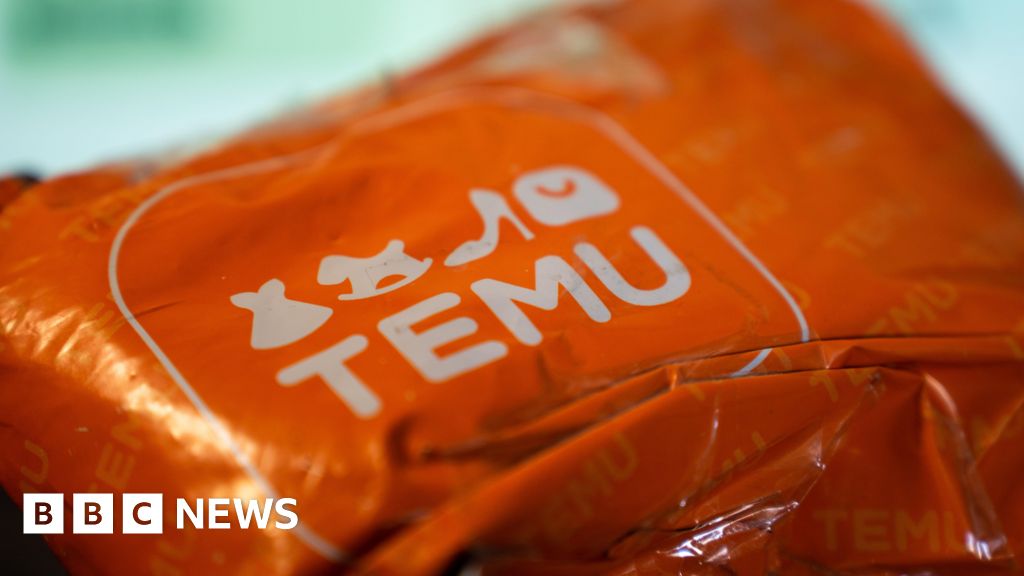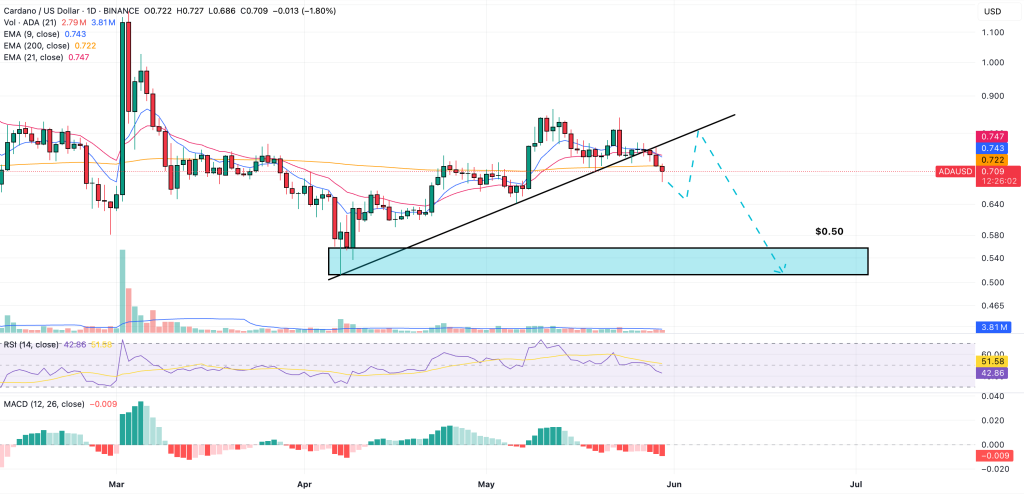High quality 3D rendered image, made from ultra high res 20k textures by NASA: … [+]
getty
As Turkey approaches its pivotal Presidential and Parliamentary elections on May 14, the stakes are high. The contest, pitting opposition candidate Kemal Kilicdaroglu against President Recep Tayyip Erdogan, will profoundly impact the nation’s future, including its foreign policy.
While polls favor Kilicdaroglu, the extent of change in Turkish foreign policy under new leadership in Ankara remains uncertain. To fathom Turkey’s potential path, one must analyze what will remain the same and what might change in a post-Erdogan Turkey, incase opposition wins.
Understanding Turkey’s priorities is crucial. For Ankara, Washington and Moscow are the most significant capitals, with London a distant third. European nations lag in importance. This hierarchy is unlikely to waver, no matter who governs Turkey.
Determinants of the Turkish foreign policy: a method of analysis
To comprehend Turkish foreign policy, I suggest a three-tier analysis: central parameters shaping the policy, dominant foreign policy actors, and the overriding issue determining its course.
Drawing on my research, I divide central parameters are into three: the geopolitical imperative, strategic imperative, and the regime survival imperative.
Navigating the Geopolitical Landscape: Turkey’s Role in a New Regional Order
Geopolitical imperative: The geopolitical landscape in the Middle East shifted. In the early 2000s, US intervention in Iraq consumed Turkey’s focus, stoking fears that US might upend the nation state order in the Middle East, with Turkey possibly being the next target. Hence, on 1st of March 2003, the Turkish parliament voted to refuse permitting US to use Turkish soil to attack Iraq. Later, this fear was replaced by the observation that the US is gradually withdrawing from the region, leaving a political vacuum filled by rival actors like Russia and Iran. This prompted Turkey to reevaluate its reliance on the West for foreign policy support. The trend of US withdrawal started during the time of former president Barack Obama and continued under subsequent administrations. With Russia, Iran, and China poised to fill the void, Ankara believes it is adapting to the new world order. While Turkey previously attempted to push against Russia (and to a lesser extent against Iran), a direct confrontation with Moscow in 2015, when Turkey shot down a Russian fighter jet, demonstrated that such an approach would be perilous.
Carving independence playing great powers against each other
Strategic Imperative: Turkey perceives a strategic shift towards a multipolar world and strives for autonomy from the Western bloc, pursuing an independent foreign policy. The Turkish establishment views playing great powers against each other as a means of achieving this goal. In this pursuit, Joining Turkey is a growing cohort of middle-power nations unwilling to wholly commit to either side in the great power struggle.
Ankara’s Foreign Policy Framework: Friends, Enemies, and Spheres of Influence
Abstracting from my conversations with stakeholders and experts, I argue that Ankara’s foreign policy establishment divides the world into three: high-maintenance friends and dangerous enemies, and countries where Turkey can hold sway. The US and especially the EU fall into the ‘difficult friends’ category. While maintaining friendly relations with these countries have significant benefits, it comes with many strings attached, including the need to adhere to a coordinated foreign policy and military stance, and the requirement for a relatively open and pluralistic social-political system. Countries in this category are unlikely to pose a strategic threat to Turkey or intentionally destabilize the nation.
When it comes to dangerous enemies, Ankara knows that countries like Russia, China, Iran, and to some extent, the UAE, Saudi Arabia, and others, could destabilize Turkey by exploiting its ethnic, religious, and other political tensions. Therefore, Turkey finds itself at a disadvantage in such relationships and must maintain close ties with these adversaries due to its many political vulnerabilities. The third category includes countries with significant Muslim populations, where Turkey can exert influence or even dominance, such as Libya, Somalia, Azerbaijan, Lebanon, Sudan, and others.
ISTANBUL, TURKEY – DECEMBER 03: Turkish Prime Minister Recep Tayyip Erdogan (R) receives Russian … [+]
Getty Images
Regime survival imperative: Regime survival is the third critical factor. Relations between Turkey and Russia have matured in recent years, particularly following the failed coup d’état in 2016. Post-coup, Erdogan received more public support from Moscow than the West, with the exception of the United Kingdom. The ruling elites see Turkey’s importance in the global geopolitical landscape as an asset to be leveraged against both the West and Russia, as they carve out a path for their own survival.
If elected, an opposition government would likely continue to pursue an independent foreign policy, playing the great powers against each other to Turkey’s advantage. It would also be more likely to cooperate with the West on issues of common interest, such as strengthening the NATO alliance.
However, a change of government would end the regime survival imperative. The current government sees its survival in having good relations with Russia. An opposition government would not be so constrained and would feel the support of the Western world.
Influential Actors in Turkish Foreign Policy: The Presidency and Security Apparatus
The Actors: The presidency and the security apparatus are the two most important actors in Turkish foreign policy. The presidency has the final say on all foreign policy matters, and the security apparatus plays a major role in shaping Turkey’s regional policies. Although in an opposition victory, the presidency will change hands, the powerful security agency and actors within it will continue to hold sway and influence foreign policy decisions, ensuring continuity in Turkish foreign policy.
The Kurdish Question: A Central Factor Shaping Turkey’s International Relations
The Principle Contradiction: The Kurdish question looms large in Turkish foreign policy as the most pressing domestic and foreign policy concern. Mao Zedong’s concept of the “principal contradiction” helps explain the Kurdish issue’s central role as the most important determinant Turkish foreign policy.
Ankara’s approach to the Kurdish question also exemplifies the categorization of dangerous enemies and “high-maintenance” friends. Western governments are pressured not to recognize or engage with the Kurdish actors in Syria or Turkey, while Turkey seeks to dissuade Russia and Iran from providing sophisticated weaponry to Kurdish non-state actors. Only a cessation of hostilities between Turkey and Kurdish non-state actors could change this could change this calculus.
Even if the opposition bloc, with the support of the dominant Kurdish movement, takes power, the Kurdish question will persist. However, a potential improvement in relations with Turkey’s Kurds could prompt the opposition to address the domestic Kurdish issue, which would impact Turkey’s regional and international policies. I will explore this issue further in a separate piece.
Anti-Americanism in Turkey: The Influence of Domestic Sentiments on Foreign Policy
Anti-Americanism is pervasive in Turkey, with all political factions, from Islamists to nationalists to secularists and even some liberals, sharing the sentiment. Years of official anti-American rhetoric make it very difficult for any political party to pursue openly positive relations with the US. Years of official anti-American rhetoric have made it challenging for any party to openly pursue positive relations with the US.
Western leaders, well-versed in realpolitik, may downplay the importance of such narratives and focus on concrete actions in allied countries like Turkey. However, Karl Marx would have recognized that ideas or theories, once embraced by the masses, can also translate into a material force, which is just as crucial as tangible actions.
The likelihood of more continuity than change in Turkish foreign policy is considerable. The Kurdish issue, the sway of security actors, and a pervasive anti-Western sentiment in Turkish politics are deeply ingrained, providing a stable foundation for policy continuity.
Kilicdaroglu promises to adopt a more institutionalized approach to foreign policy, allowing multiple actors to influence future decisions. Erdogan’s tenure illustrates that policy reversals are not uncommon. The opposition could further these shifts, such as in the Syria file and by normalizing relations with the Assad regime.
Turkey’s Adversarial Collaboration with Russia
While the opposition may seek to resolve the procurement of Russian S-400 missile defense systems by finding a solution with NATO, they are not likely to sever ties with Russia.
Elsewhere, I described Turkey and Russia’s relationship is one of adversarial collaboration. The two countries not only deconflict and compete in various theaters of war in three continents but also coordinate and cooperate at the expense of other external actors, including the United States and other NATO partners. This complex relationship is evident in conflicts like Syria, Libya, and Nagorno-Karabakh, where Moscow and Ankara have actively supported opposing warring parties. Yet, their adversarial positioning has not hindered cooperation.
Moreover, the Ankara-Moscow relationship extends beyond conflicts to include energy cooperation, tourism, and other layers. Ankara Moscow relations are multilayered that includes layers in addition to collaboration in theatres of war of energy cooperation tourism. The Moscow-steered meetings between Turkish and Syrian officials are likely to persist under an opposition government.
A History of Turkish Foreign Policy Continuity
Historically, Turkey’s foreign policy has exhibited more continuity than change, with its policy shifts being driven by geopolitical necessities rather than ideological convictions. Balancing between Russia and NATO has been a long-standing strategy in Turkish politics. Nationalism has been a consistent determiner of the country’s foreign policy. A new government under Kilicdaroglu could bring greater institutionalization and cooperation with the West, but entrenched factors such as the Kurdish issue and anti-Western sentiment will ensure continuity remains dominant.
Credit: Source link










